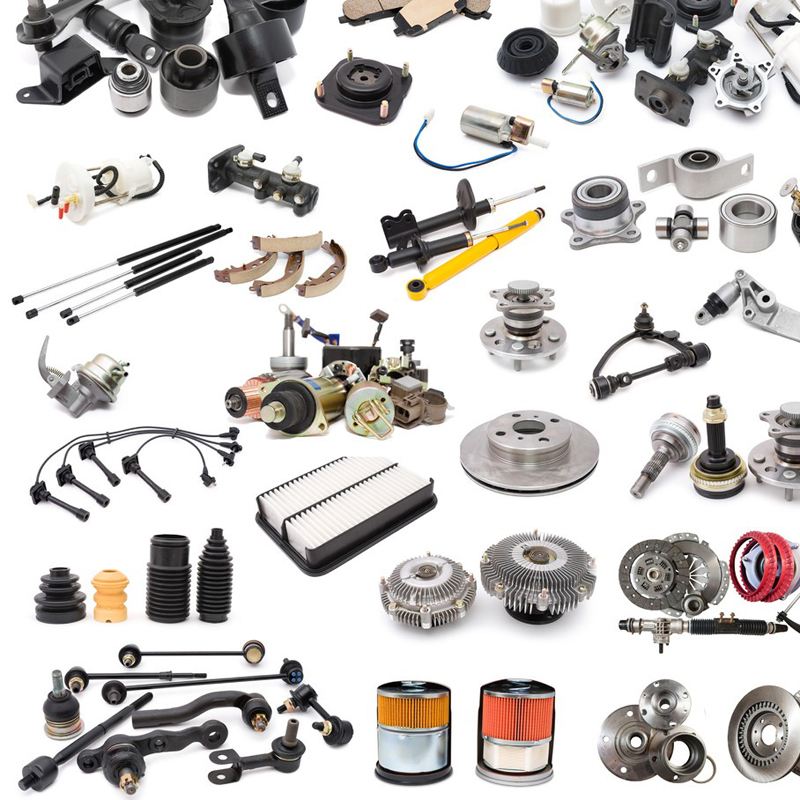Automotive engineering is the branch of engineering that deals with the design, development, production, and maintenance of automobiles. It is a complex and multidisciplinary field that encompasses mechanical, electrical, electronic, software, and safety engineering, as well as materials science and manufacturing processes.
History of Automotive Engineering
The history of automotive engineering can be traced back to the early 19th century, when the first steam-powered vehicles were developed. In the late 1800s, gasoline-powered internal combustion engines were invented, which led to the development of the first gasoline-powered automobiles. Over the next century, automotive engineering continued to evolve, with significant advancements in engine design, chassis construction, and safety features.
Roles and Responsibilities of Automotive Engineers
Automotive engineers play a vital role in the development of automobiles, from initial design to final production. They work on a variety of tasks, including:
- Designing and developing new vehicle components, such as engines, transmissions, and suspension systems
- Testing and analyzing vehicle performance and safety features
- Working with suppliers to source materials and components
- Developing and implementing manufacturing processes
- Ensuring compliance with safety and environmental regulations
- Collaborating with other engineers and designers to integrate new technologies into vehicles
Skills and Qualifications of Automotive Engineers
Automotive engineers need a strong background in engineering principles, as well as specialized knowledge of the automotive industry. Some essential skills and qualifications include:
- A degree in mechanical, electrical, or automotive engineering
- Proficiency in CAD software and other engineering tools
- Understanding of materials science and manufacturing processes
- Experience with testing and data analysis
- Knowledge of automotive safety and environmental regulations
- Strong communication and collaboration skills
Careers in Automotive Engineering
The automotive industry offers a range of exciting career opportunities for engineering professionals. Some of the most popular roles in automotive engineering include:
- Design engineer
- Manufacturing engineer
- Quality engineer
- Product development engineer
- Testing and validation engineer
- Vehicle dynamics engineer
- Electrical systems engineer
Future of Automotive Engineering
The automotive industry is constantly evolving, with new technologies and trends shaping the future of automotive engineering. Some of the most significant developments in recent years include:
- Electric and hybrid vehicles, which are becoming increasingly popular as consumers seek more environmentally friendly options
- Autonomous driving technology, which is expected to revolutionize the way people drive and commute
- Advanced safety features, such as collision avoidance systems and automatic emergency braking
- Connected vehicles, which use sensors and data to improve vehicle performance and provide new services to drivers
As the automotive industry continues to grow and change, automotive engineers will play a vital role in shaping the future of transportation.

